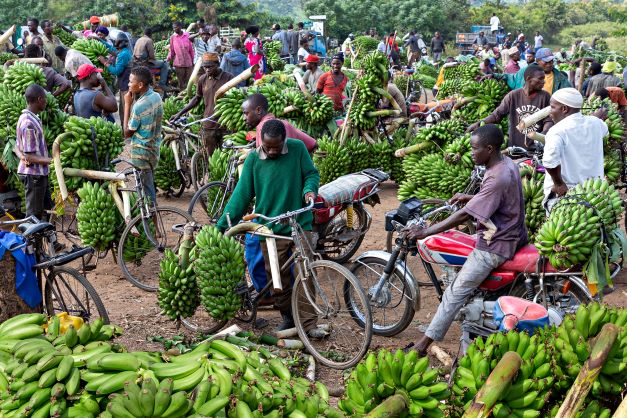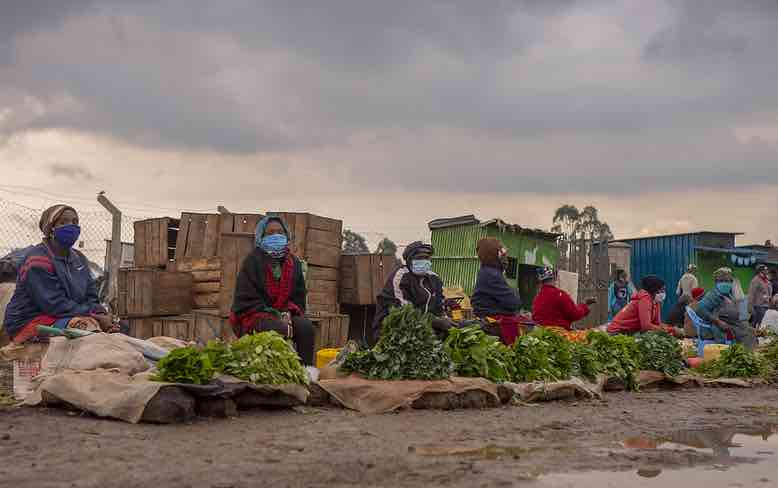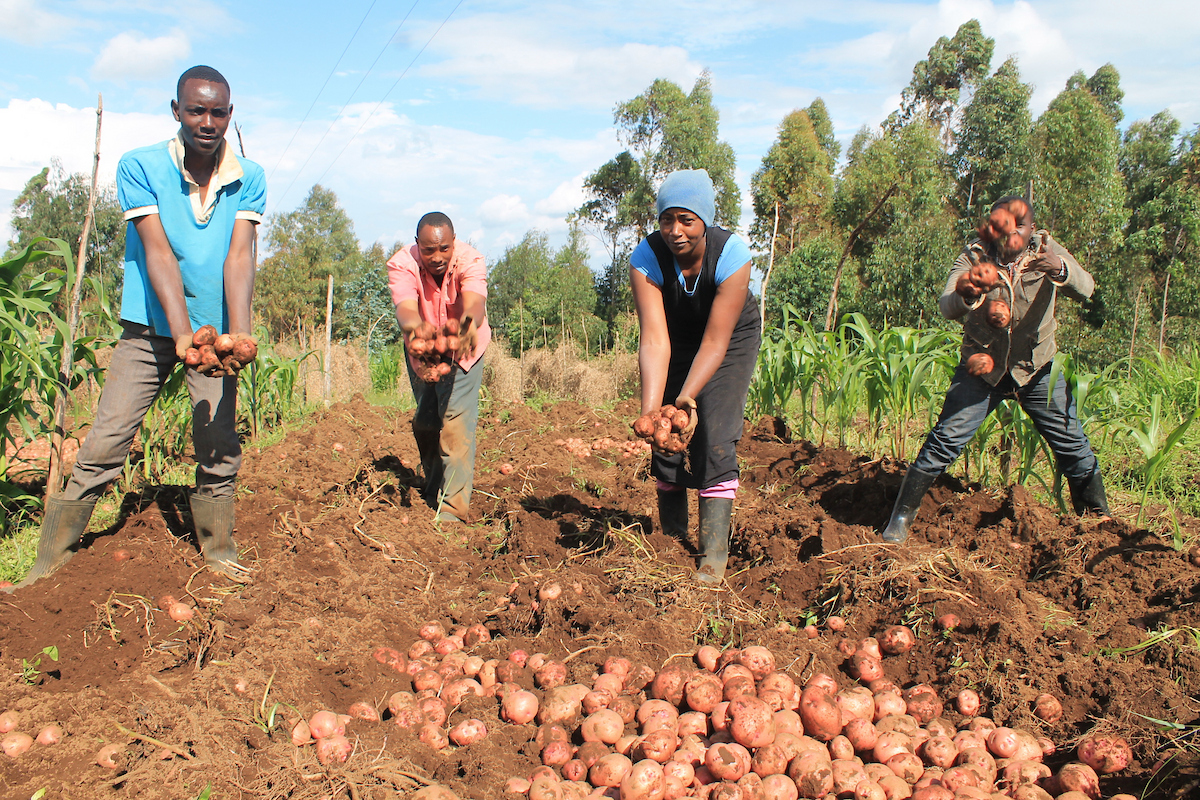By Sarah W Kariuki; Asha B Mohamed; Urbanus Mutuku; Charity Mutegi; Ranajit Bandyopadhyay; and Vivian Hoffmann
Abstract/Description
Agricultural technologies shown to be highly effective in research trials often have a lower impact when utilized by smallholder farmers. Both heterogeneous returns and suboptimal application are believed to play a role in this efficacy gap. We provide experimental evidence on the impact of a biocontrol product for the control of aflatoxin, a carcinogenic fungal byproduct, as applied by smallholder farmers in Kenya. By varying the level of external support across farmers, we investigate the role of misapplication in the effectiveness gap. We find that the provision of biocontrol together with a one-time training on application reduces aflatoxin contamination in maize relative to a control group by 34 percent. Additional training to the farmers in the form of a call to remind them of the correct time of application in the crop cycle increases the reduction to 52 percent. Our findings indicate that farmers can achieve meaningful improvements in food safety using biocontrol even with minimal training on its use and that additional support at the recommended time of application can strengthen its impact.
Permanent link to cite or share this item
Find out more here




